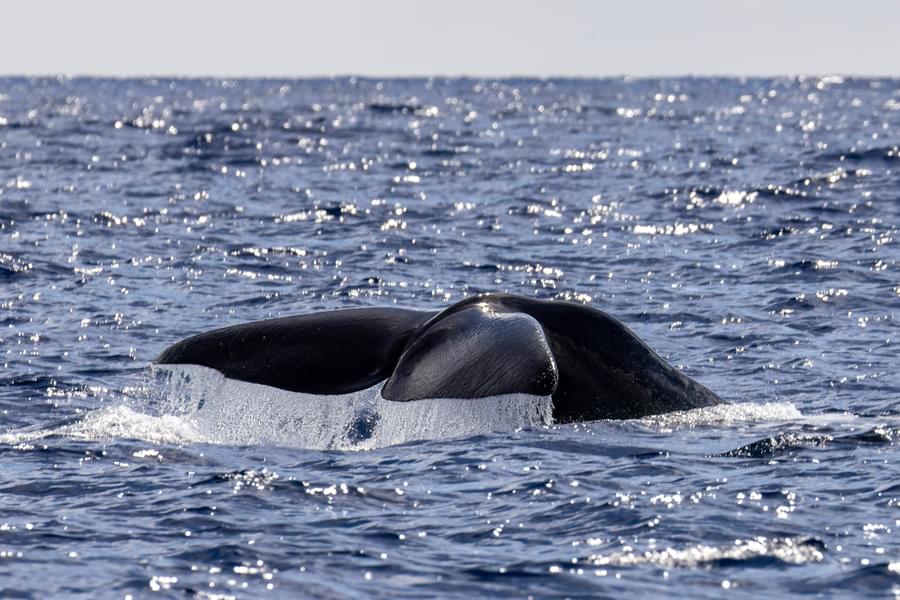An adult male sperm whale named Julio, monitored by scientists for over ten years has been killed in a vessel strike in the Straits of Gibraltar. This whale was a healthy animal, which had been observed numerous times by researchers over the last three weeks and is known to frequent this area to feed. This is believed to be the fifth known vessel strike fatality since researchers starting monitoring this population over a decade ago. Vessel strikes are one of the leading causes of death for sperm whales, with numbers of vessel strikes increasing in recent years.
Cetacean monitoring in the Iberian Peninsula is undertaken by Conservation, Information and Research on Cetaceans (CIRCE) who are now calling for ferries in the narrow strait to have marine mammal observers on board.
Speaking to the BBC, Dr Renaud de Stephanis of CIRCE said ‘We don’t have records of every incident,” he said. "There are probably more. But it’s already too much. If ferries had people looking out for whales and dolphins - and sharing what they see - it could help boats to avoid hotspots of the animals,” he said.
Using extrapolated figures, the International Whaling Commission (IWC) have estimated the Mediterranean sperm whale population numbers to be around 2,000. However a 2016 paper in Advances in Marine Biology concluded that there was a lack of robust data on the population and that it could be in the hundreds rather than thousands of individuals, suggesting that we should be very concerned about the conservation status of this population. .
This population of sperm whales is classified as endangered by the International Union for Conservation of Nature (IUCN). Around 80% of the population inhabits the Western Mediterranean with the remaining numbers found in the East Mediterranean. Plans for gas exploration in the deep waters of the Hellenic Trench off Greece are causing concerns for this Eastern population, with whale and dolphins species living in the area all year round. The Hellenic Trench, along with the Straits of Gibraltar, are both high risk vessel strike areas.
ORCA’s partnerships with shipping companies, our on-board survey teams and the training that we provide in vessel strike mitigation to bridge crews are all measures that create greater awareness of vessel strike impacts and mitigate against fatal collisions.
Julio’s death is a graphic reminder of the threat that ship-strikes pose globally, and CIRCE’s call for trained observers to be present on-board ferries in the Straits of Gibraltar is both poignant and timely.
Sperm whale photographs credit: Richard Lovelock
.jpg?w=600&h=400&q=85&auto=format&fit=crop&dm=1684241792&s=23c5479c91b0f4578ac19ba5e6d1df7f)
Vessel strike is one of the biggest threats to large whales globally and needs urgent action before vulnerable populations are wiped out. Donate today at www.orca.org.uk/donate to support our cutting edge ship strike research and help find a solution to this threat

